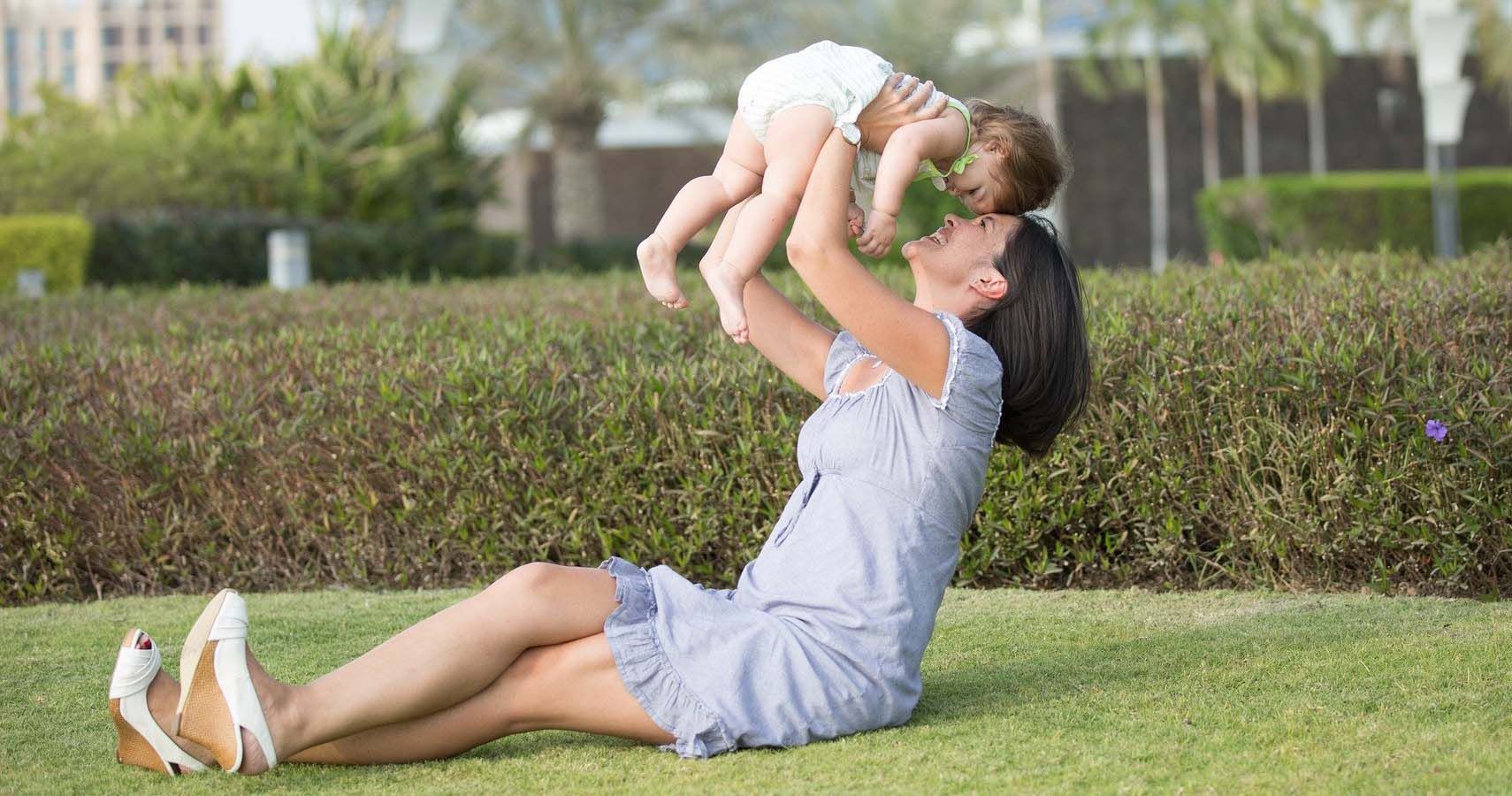Mothers and babies have an immeasurable bond...until now. Pew biomedical scholars are attempting to do just that by exploring the connection between a mom and her offspring prior to birth in an effort to better understand the mechanics of what makes it so special.
Most realize that the first connection between the two happens at inception. When an egg is fertilized within the mother, the bonding begins. That's where the research starts as well. Iowa State's Geetu Tuteja looked into how the embryo merges with the mother to develop the initial and vital bond through the placenta. Through tools and technology she worked to figure out how the most important bond is created - the one that allows the fetus to get oxygen through its mother. When this process fails, it leads to a host of issues ranging from preterm birth to a dangerous increase the mother’s blood pressure.
Oxygen, however, is only one of the ways the mother works biologically to help her infant. Antibodies, which are used to create the gut microbiome are a big part of a child'd life-long immune system. Meghan Koch discovered that these antibodies aid in the infant’s growth by establishing healthy bacteria in its gut, our largest organ for colonizing such bacteria. To better understand how this works, Koch is studying the ways in which different microbial species help to regulate the absorption of nutrients while aiding metabolism. Her lab also found that a lack of these antibodies can lead to a lack of nutrition and loss of weight for the baby.
Not all the bonds are necessarily positive. Many are aware of dangers like smoking and other environmental ingestion can affect an unborn child. Tiffany Reese has been studying pregnant mice that have been infected with intestinal worms. She's found that their offspring are more susceptible to the flu virus even as they've grown. Her team is examining the ways that immune cells differs in the mice born to mothers free of an infection versus those who are infected. Specifically, they are searching for ways that these factors affect the child's recovery of illnesses throughout life.
All of these scholars are coming together to give us a better picture of how babies interact with their mothers. One thing is certain, the bond between them stretches far beyond emotion and so much of what happens in pregnancy can have long-term effects for the child. The more we understand, the more we can work to create a healthier life for the next generations.
Sources: News Medical Science, Genome Web, Tiffany Reese Lab, Pew Trusts

